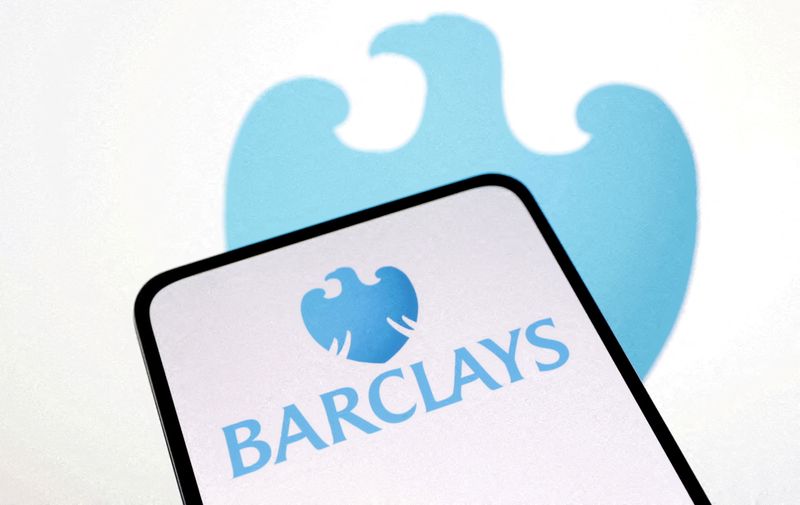Seven banks share data with UK law enforcement in ‘dirty money’ crackdown
2024.07.26 02:05
By Kirstin Ridley and Sinead Cruise
LONDON (Reuters) – Barclays, NatWest and Lloyds (LON:) are among seven banks to share customer data with the National Crime Agency (NCA) in the largest project of its kind worldwide to tackle criminal gangs, money laundering and “dirty money” flowing through the country.
Reuters revealed one year ago that more than six banks, including NatWest and Lloyds, were part of trials with law enforcement and government agencies that involved sharing intelligence on client accounts which raised concerns about economic crime that posed a threat to Britain.
The NCA, a top investigator, says the project went live in May, included voluntary data sharing deals with Santander (BME:), TSB, Metro Bank and Starling Bank, and had already identified eight new crime networks that might be exploiting the financial system.
Britain has ramped up efforts to tackle economic crime, which lawmakers say costs the economy up to around 350 billion pounds ($452 billion) each year, after Russia’s 2022 invasion of Ukraine shone a spotlight on how kleptocrats and criminals used the country as a haven to launder, hide and spend “dirty money”.
Adrian Searle, director of the NCA’s National Economic Crime Centre, told Reuters that three crime networks had been passed to the NCA’s intelligence division for further investigation. The project has also uncovered new intelligence linked to 10 of the agency’s biggest investigations. He did not divulge details.
“The fundamental purpose is to bring together the collective efforts of law enforcement, government, regulators and the private sector to combat economic crime,” Searle said.
Singapore launched a digital customer data sharing platform known as COSMIC (Collaborative Sharing of Money Laundering/Terrorist Financing Information and Cases) with six banks in April. But this does not include law enforcement, Searle said.
DATA PROTECTION
Under the programme that is due to run until October, bank staff are seconded to the NCA to form a team of between 15 to 20 intelligence officers, data scientists and analysts to probe movement of money suggestive of criminal behaviour – and ensure legitimate customers are left alone.
Banks have long been wary of sharing customer data for fear of falling foul of European data protection and privacy laws, which could trigger litigation by customers whose accounts have been locked pending investigations.
But the NCA and the banks insist they only share account data with “multiple clear indicators of economic crime” on customers, people or businesses that meet a set of markers about potential criminal behaviour. Banks’ lawyers have also ensured all data sharing meets an acceptable risk.
“We are deeply conscious of the issues around data privacy,” one senior banking executive involved in the trial said.
“It’s also clear that our terms and conditions as banks enable us to share the information without notification to the customer because this is all ultimately to do with fulfilling our legal obligations to help detect crime and prevent financial harm,” he added.
The Financial Conduct Authority (FCA) regulator is observing the project. Without this, there would have been less appetite for the pilot, the banker said.
The initiative builds on a first pilot between the NCA, NatWest and Lloyds between October 2021 and February 2022. It tested the practicality and benefit of fusing bank and crime data to better identify and disrupt economic crime – and led to one arrest and charge.
The volume of accounts identified, however, represents a “very small fraction” of the British total, the NCA says.
The ultimate goal is that such trials will pave the way for the use of data for real-time insight to prevent crime.

“But it’s a long way to go before we get there,” Searle said.
($1 = 0.7752 pounds)








